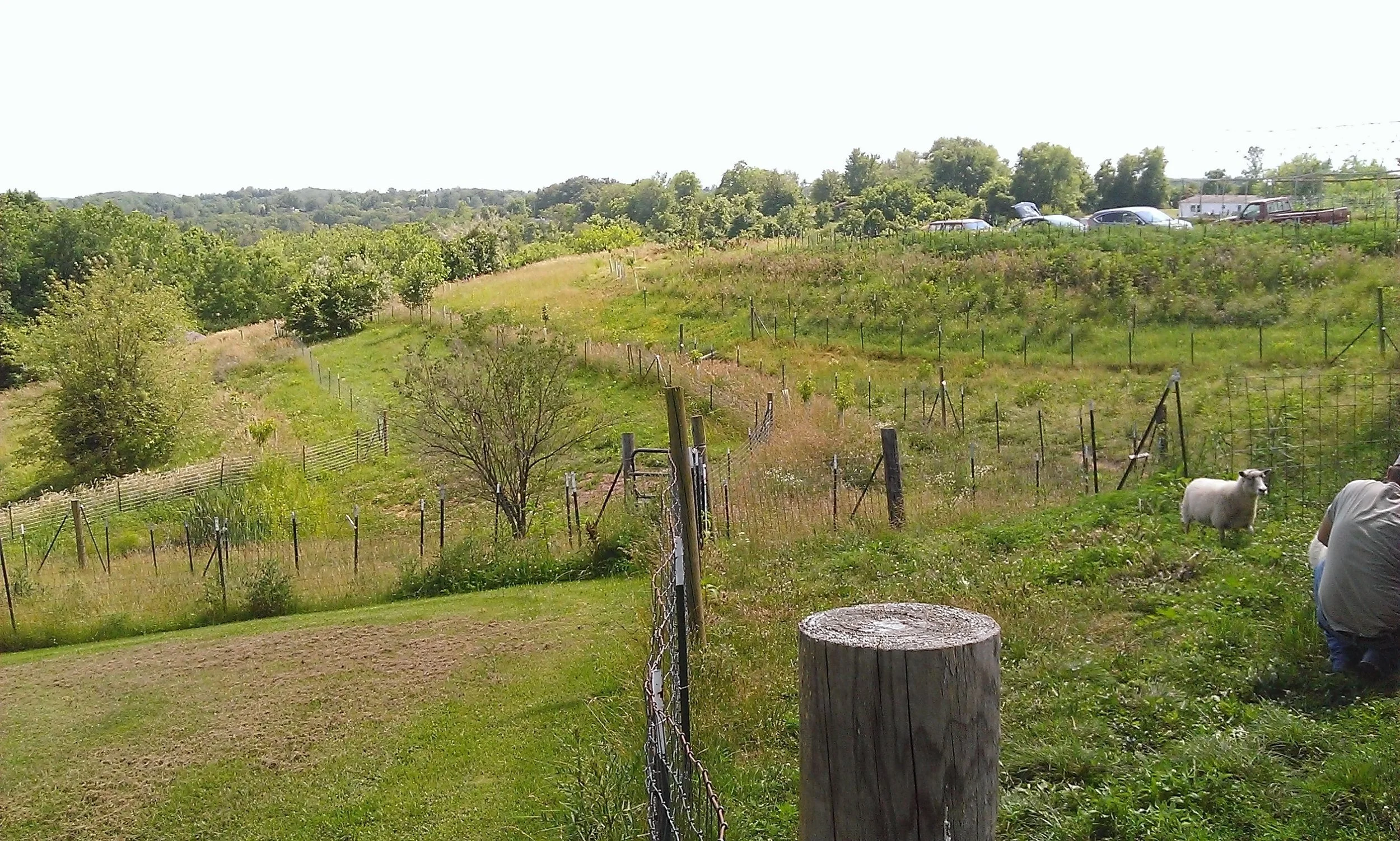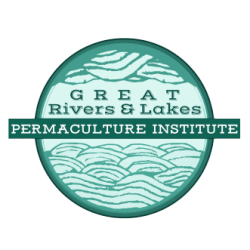
About GRLPI
“Permaculture is about working with the earth and with each other to repair the damage of industrial overreach and to enrich the living world that sustains us.” - Peter Bane
By embracing permaculture, we recognize that our lives, resources, and communities are deeply interconnected, forming a dynamic system where every action has ripple effects. Unlike industrial models that compartmentalize food, housing, and economics, permaculture fosters holistic design—integrating ethics, ecological responsibility, and social cooperation into every aspect of daily life.
Through thoughtful resource management, regenerative living practices, and community-driven solutions, permaculture helps create environments that sustain both people and the planet.
Whether it's rethinking urban spaces, fostering local economies, or designing resilient communities, this approach challenges us to shift from extractive mindsets to collaborative, regenerative systems, ensuring a thriving and balanced future.
This integrated perspective encourages us to recognize that our actions in one area—be it consumption, waste, or community building—have ripple effects in others. Emphasizing cooperation and sustainable practices allows us to foster healthier living conditions, improve social equity, and actively contribute to preserving our planet's ecosystems.
At the heart of this integrated approach lies the philosophy of permaculture, which seeks to redesign our food systems in alignment with natural ecosystems.
Traditional industrial agricultural practices often exploit resources, degrade the environment, and contribute to social disparities. In contrast, permaculture emphasizes sustainable practices that work in harmony with nature, such as regenerative farming, crop diversity, and local food production.
By focusing on soil health, water conservation, and ecological balance, we can cultivate food systems that not only nourish our bodies but also support vibrant communities and a thriving planet. In embracing these principles, we not only take better care of ourselves but also foster a more sustainable and resilient future for generations to come.
Who Is GRLPI?
Great Rivers and Lakes Permaculture Institute (GRLPI) acts as a regional hub for the Permaculture Institute of North America (PINA). We are dedicated to promoting permaculture education, research, and mutual aid throughout six states that span many of North America’s great rivers and Great Lakes: Ohio, Kentucky, Indiana, Michigan, Illinois, and Wisconsin.
In the Midwest, our regional identity is significantly shaped by the large river basin watersheds and the majestic Great Lakes that surround us. This unique geographical layout not only influences our climate and biodiversity but also serves as a foundation for our permaculture practices. By recognizing and understanding the specific eco-tones within our landscapes—including the Appalachian Foothills, Lake Shores, and Prairies—we can tailor our sustainable permaculture approach to farming and gardening.
By identifying the best permaculture practices suited for each eco-tone, we aim to empower our Membership with knowledge that is both practical and regionally relevant. Each landscape presents its own set of challenges and opportunities—whether it’s the unique soil composition of the prairies, the moisture levels along the lakeshores, or the elevation changes in the foothills. Sharing these insights allows us to cultivate a community that thrives on collaboration and localized knowledge, ultimately leading to resilient and productive ecosystems. Through our collective efforts, we not only enhance our understanding of our local environment but also contribute to a sustainable future that respects the intricate balance of nature.
We here in the Midwest are clustered around the similarity of large river basin watersheds and the Great Lakes which defines our permaculture practices. We are identifying the eco-tones within our region, such as Appalachian Foothills, Lake Shore or Prairies to identify best practices based on those unique landscapes to ultimately share with with our Membership.
Are you a Permaculture designer, graduate, grower, business person, enthusiast, or merely curious about us? Please join us and help us grow the Permaculture ecosystem.
Our Vision
In envisioning a vibrant and resilient bioregion, we see the importance of fostering engaged and connected citizens who understand the delicate balance between human needs and the natural world.
By drawing upon the wisdom of our elders—those who have nurtured a deep understanding of the land and its rhythms—and by learning from the intricate systems found in Nature, we can cultivate a community that is not only aware of its ecological footprint but also actively participates in healing and restoration efforts.
This engagement not only honors traditional and indigenous knowledge but also emphasizes the significance of collaboration in nurturing a shared responsibility towards our environment.
Practical skills and resources are essential as we strive to heal disturbed ecosystems and reestablish a balance between human activity and the diverse landscapes that surround us.
By empowering individuals with hands-on knowledge in areas such as sustainable agriculture, habitat restoration, and resource management, we can equip them to contribute meaningfully to their communities.
Together, we can transform our relationship with Nature, ensuring that the bioregion that 50 million people share can thrive.
This vision is not just a hopeful aspiration; it is a call to action. For all of us to participate in creating a sustainable future, learning from both the land and its custodians to build a harmonious existence grounded in respect and care for all life forms.
Our Mission
At the heart of our mission is the belief that permaculture transcends boundaries, uniting professionals, learners, and practitioners in a collaborative network focused on mutual aid and collective action.
By mobilizing permaculture professionals across the region, we empower them to harness their diverse skills and knowledge for the common good. This collective effort fosters a sense of community that encourages innovative problem-solving and supports sustainable practices.
By organizing workshops and forums, we create platforms for permaculture practitioners to share their experiences, exchange ideas, and become advocates for permaculture in their local communities.
Our commitment extends to ensuring that permaculture principles are translated and represented across various professions, disciplines, and governmental bodies. Through rigorous research, we investigate appropriate technologies and regenerative cultural systems, striving to develop practical solutions that can be disseminated broadly.
We prioritize education by promoting best practices and providing resources for permaculture design, which assists both new graduates and seasoned practitioners. Our professional development offerings, available in English, enhance the skill sets of individuals in our network, ultimately broadening the impact of permaculture as a holistic approach to environmental stewardship and social resilience. Together, we are building a resilient future, rooted in cooperation and informed by a deep understanding of ecological systems.
GRLPI has been connecting, educating, and growing permaculture in our bioregions since 2015
We are a hub for the sharing of knowledge, skills, and resources.
We gather resources for our members and create relationships between like-minded people and organizations. We empower each other to learn, grow, and become more self-reliant.
Your ideas, initiatives, and support are needed to avoid the effects of climate change. Your creativity is needed to find solutions to social and environmental problems such as:
species extinction
lack of food security
decrease in soil fertility
renewable energy development
ocean acidification
And so much more...Because everything is interconnected, and the ripples expand beyond our bioregions to the world. The butterfly effect is real.




